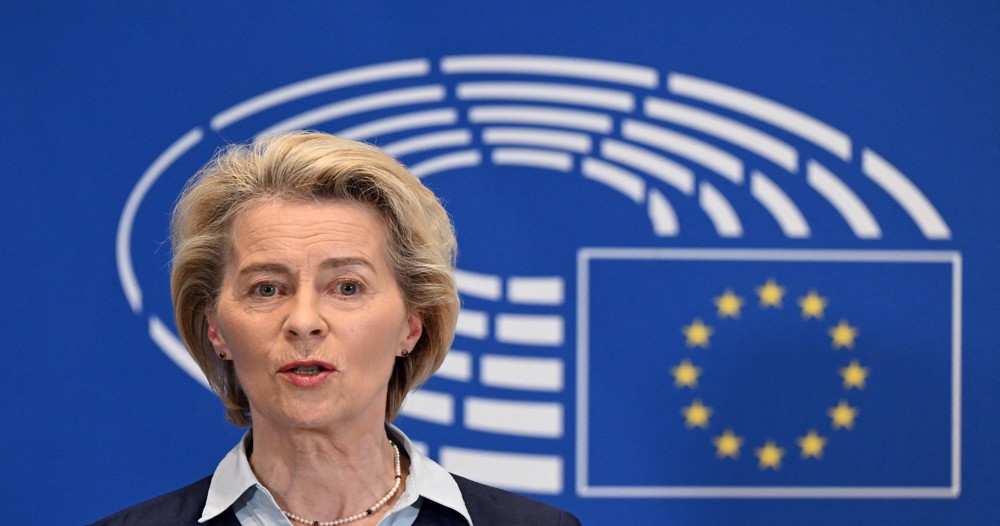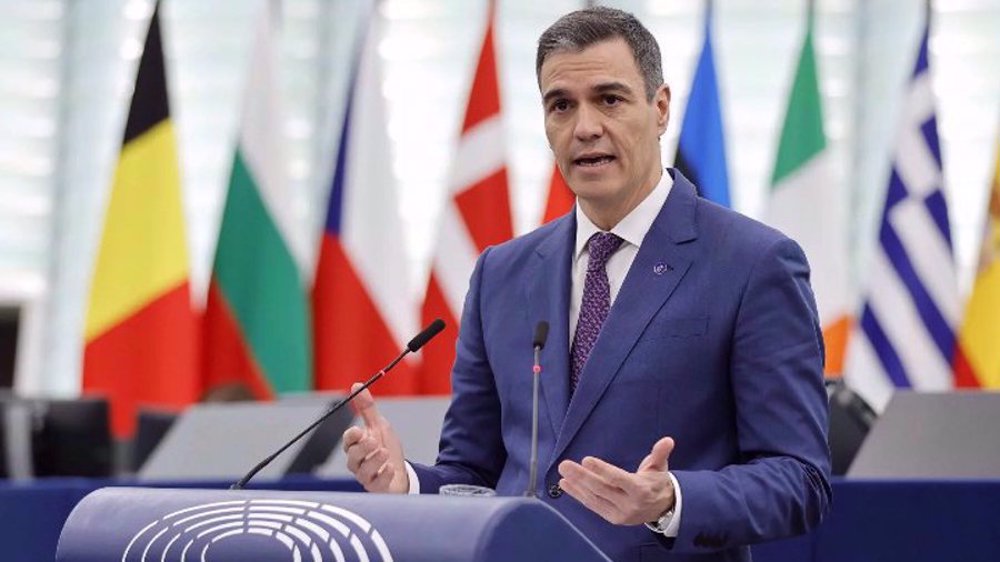Greek FM resigns in internal dispute over Macedonia deal
Greek Foreign Minister Nikos Kotzias has resigned in an internal dispute over a deal with neighboring Macedonia, which he helped negotiate but which has faced opposition from a section of Greek Prime Minister Alexis Tsipras’s coalition government.
The 67-year-old career diplomat and university professor abruptly offered his resignation to Tsipras on Wednesday, a day after he clashed in a cabinet meeting with Defense Minister Panos Kammenos, who heads the small, right-wing party of the Independent Greeks.
On Monday, the defense minister had threatened to pull his party from the coalition if the deal with Macedonia came to parliament for ratification.
It was not yet clear why exactly Kotzias — one of Tsipras’s most experienced ministers — decided to step down, but he may have resigned to prevent the Independent Greeks from withdrawing from the coalition government.
The fragile coalition is composed of Tsipras’s left-wing Syriza Party and the Independent Greeks.
At the cabinet meeting on Tuesday, Kotzias ardently defended the agreement, but Kammenos lambasted it as what he described as a national sellout.
On Wednesday, the Greek prime minister was quick in accepting Kotzias’s resignation, potentially signaling he was willing to sacrifice one of his closest political allies in favor of preserving his coalition government.
Shortly afterwards, Tsipras stressed that he would do whatever was required to ensure that the hard-fought deal — signed on June 17 to rename Macedonia as the “Republic of North Macedonia” — gets implemented.
“I am determined to do whatever I can (to) safeguard the successful conclusion of the historic... agreement,” said the 44-year-old leftist Tsipras, adding that he had decided to take over the duties of foreign minister portfolio himself.
The deal is awaiting approval from the parliament in Greece. The Macedonian legislature has already ratified it.
Since 1991, when Macedonia declared its independence from former Yugoslavia, Greece, a member of NATO and the European Union (EU), has insisted that the name Macedonia implied territorial claims on a northern Greek province of the same name.
Although Macedonia became a member of the United Nations (UN) in 1993, due to the name dispute with Greece, it was admitted under the provisional description the Former Yugoslav Republic of Macedonia (FYROM), a name that is also used by NATO and the EU.
The name dispute, which has so far barred Macedonia from becoming a member state to international institutions such as NATO and the EU, has triggered strong nationalist sentiments and strained the two countries’ bilateral ties for the past 27 years.
The prospect of Macedonia becoming a member of NATO has already angered Russia, which has long opposed the eastward expansion of the military alliance. If it successfully joins NATO, the Balkan state will add to the bloc an 8,500-strong military, which relies on a combination of Russian, German, Greek, and US tanks and armored vehicles. It has no combat warplanes.
The Greek premier, whose Syriza Party is trailing poorly ahead of national elections due next year, is hoping a successful name change deal — a precondition set by Athens for removing its veto on Macedonia joining the EU and NATO — will help strengthen his political standing abroad.
“It is a decision not to tolerate, from now on, any double-speak from anyone or any personal agenda (against)... the national line,” Tsipras warned in a televised statement on Wednesday, without elaborating.
People have already staged multiple protest rallies against any compromise both in Greece and Macedonia.
Over 14,000 kids killed in Israel’s war on Gaza: UNICEF
VIDEO | Iran’s National Army Day marked at the Iranian embassy in Moscow
VIDEO | Iranian culture fosters further development, understanding in SA
VIDEO | People in Amman hold protest in support of Palestinians
French police arrest man after threatening to detonate himself at Iran consulate
Yemenis, Jordanians reiterate support for Palestinians in Gaza
Iranians rally nationwide in support of Operation True Promise
Raeisi: Operation True Promise ‘a necessary response’ to Israel


















 This makes it easy to access the Press TV website
This makes it easy to access the Press TV website